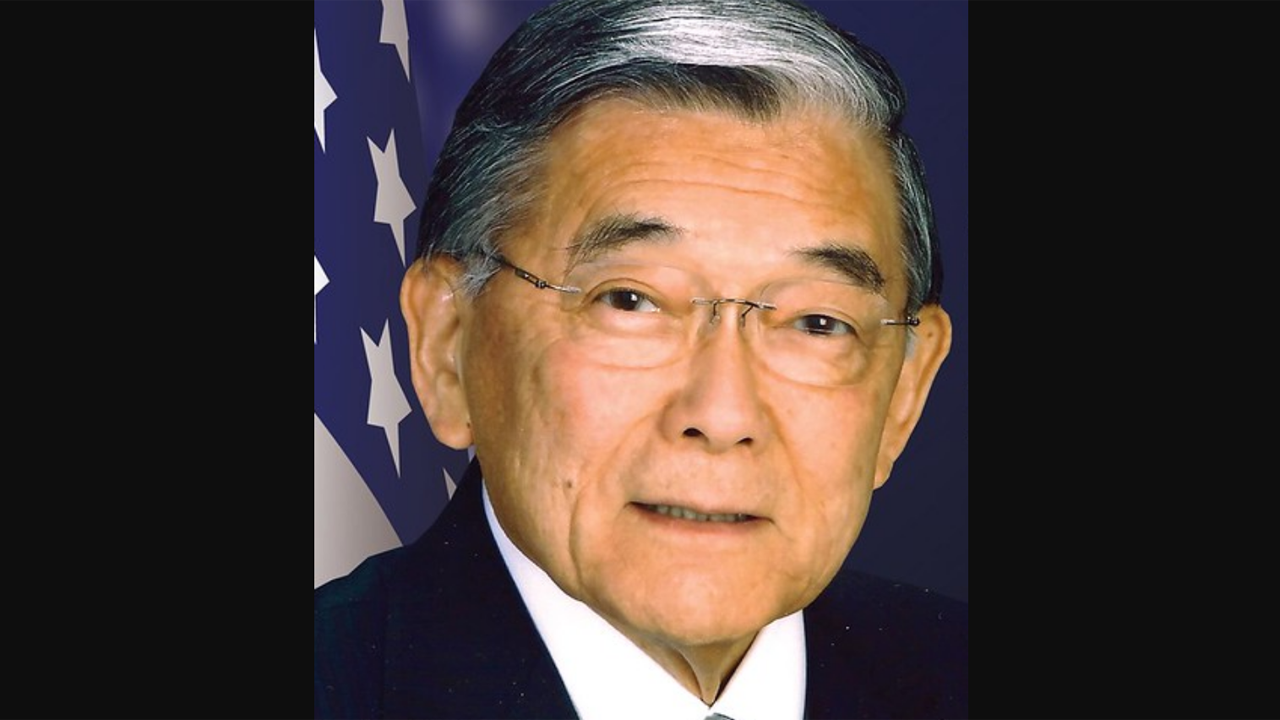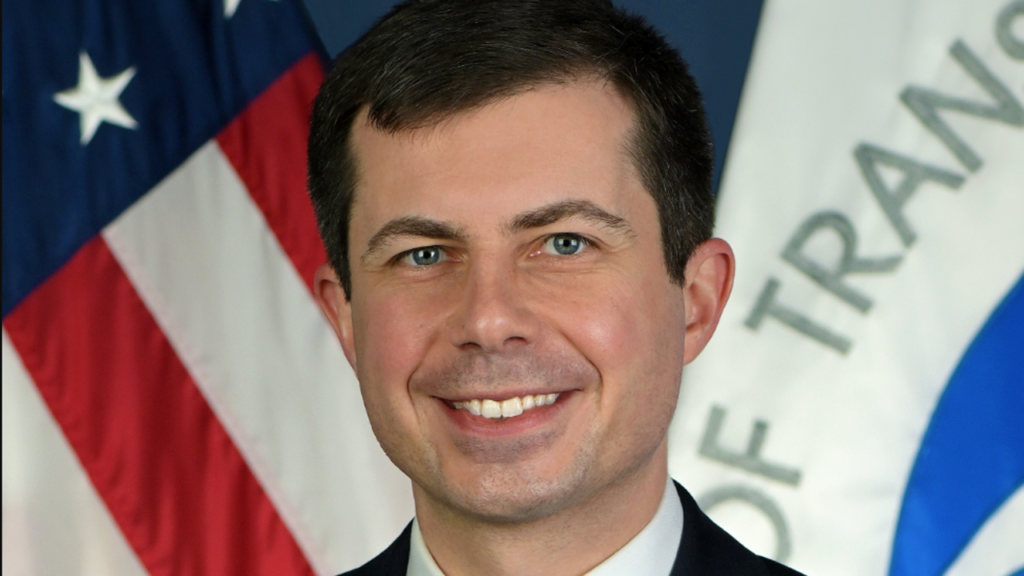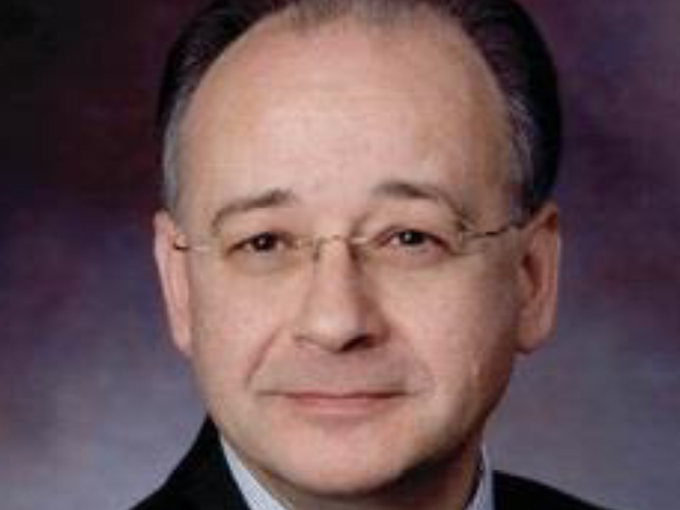
Norman Yoshio Mineta, 1931-2022
Written by Marybeth Luczak, Executive Editor
Norman Yoshio Mineta died May 3. He was 90.
Norman Yoshio Mineta, the first Asian American to run the U.S. Department of Transportation and the agency’s longest-serving leader (2001-06), died May 3. He was 90.
Mineta’s former Chief of Staff John Flaherty told the Associated Press that Mineta died of a “heart ailment” at his home in Edgewater, Md., noting that “[h]e was an extraordinary public servant and a very dear friend.”
Mineta became the 14th Secretary of Transportation on Jan. 25, 2001. He was also the first Cabinet member to switch directly from a Democratic Cabinet (as Secretary of Commerce under President Bill Clinton) to a Republican Cabinet (as Secretary of Transportation under President George W. Bush).
Mineta took action to ground all planes on Sept. 11, 2001; oversaw the Coast Guard response to the terrorist attacks; and guided the creation of the Transportation Security Administration, which was transferred to the U.S. Department of Homeland Security in March 2003. After Hurricane Katrina in 2005, Mineta worked to repair and reopen major highways, seaports and airports.
“As Transportation Secretary, Mineta supported increased loan guarantees for Amtrak, especially for the Northeast Corridor, which he proposed ‘eventually’ to be turned over to an eight-state consortium,” said Railway Age Capital Hill Contributing Editor Frank N. Wilner early last month when the U.S. Senate on passed legislation to name the USDOT’s headquarters building after Mineta and former USDOT Secretary of Transportation William T. Coleman, Jr., the first African American to run the agency (1975-77). “He was quoted in 2005 that ‘What we want to do with the Northeast Corridor is invest in the physical infrastructure to bring it up to a good state of repair, and then, at that point, turn it over to the states.’
“On the occasion of the 40th anniversary of the 1980 Staggers Rail Act, he joined with dozens of current and former lawmakers and other public officials in a letter to the Surface Transportation Board that concluded, ‘We implore the STB to preserve the delicate regulatory balance created by the Staggers Rail Act, allowing freight railroads to innovate, adapt and reinvest in the rail network.’”
Mineta, a Democrat from California, served as a member of the House of Representatives from 1975 to 1995. Between 1992 and 1994, he was Chair of the House Public Works and Transportation Committee, whose portfolio included railroads until the creation of the House Transportation and Infrastructure (T&I) Committee in 1995. Mineta was also a key author of the Intermodal Surface Transportation Efficiency Act of 1991.
President George W. Bush in December 2006 recognized Mineta with the Presidential Medal of Freedom, the nation’s highest civil award.
Industry, Government Response

Transportation Secretary Pete Buttigieg on May 5 released this statement on Mineta’s passing:
“This week, the world lost a great man: former Transportation Secretary Norman Mineta.
“Secretary Mineta was an Army veteran, the mayor of his hometown, a pioneering Congressman, the first Asian American Cabinet secretary, and the longest-serving Secretary of Transportation in U.S. history. In many ways, his path was defined by his powerful responses to some of the great tragedies of that history.
“After the attacks on Pearl Harbor, he was raised in an internment camp in the Wyoming desert. Yet rather than lose faith in a country that imprisoned him because of his race, the future Secretary Mineta devoted his life to serving that country—in uniform, in Congress, and in the Cabinet.
“Norm was a strong bipartisan voice for American infrastructure: in Congress as the Chairman of the House Committee on Public Works and Transportation, as Secretary of Commerce under President Bill Clinton, and as Secretary of Transportation under President George W. Bush.
“As Secretary of Transportation, he steered this Department through its darkest hours. On September 11th, Secretary Mineta acted quickly to ground 18,000 flights, and in the days that followed, he oversaw the creation of the TSA: the largest rapid mobilization of a new federal agency since World War II. Along the way, he took a strong stand against the rise of anti-Muslim hate, comparing it to the anti-Japanese discrimination he had lived through after Pearl Harbor.
“Secretary Mineta may be gone, but we live in a nation shaped by his legacy. His life’s work continues in the historic legislation he helped craft and support, like the Intermodal Surface Transportation Efficiency Act of 1991, which helped shape how the government approaches transportation funding, the Americans with Disabilities Act, the Voting Rights Act, and the Civil Liberties Act—the first official apology for the grave injustice of Japanese internment.
It lives on in the memorial to Japanese American patriotism during World War II just a couple blocks north of the Capitol, which he fought to erect.
It lives on in the TSA, the Congressional Asian Pacific American Caucus, and at the Department of Transportation, where many colleagues remember him with great fondness and admiration.
“My thoughts today are with Secretary Mineta’s family, as well as with those at DOT who have lost a friend and mentor, and those who, inspired by his example, continue to dedicate their lives to making this country a better place.”

“The American Public Transportation Association (APTA) joins the entire public transportation industry in mourning the passing of former U.S. Department of Transportation Secretary Norman Y. Mineta,” President and CEO Paul P. Skoutelas said in a statement released May 3. “The first Asian American to serve as head of the DOT, former Chairman of the Committee on Transportation and Infrastructure of the U.S. House of Representatives, and founder of the Mineta Transportation Institute, Secretary Mineta was an indefatigable champion for investment in, and access to, public transportation.
“APTA was proud to award Secretary Mineta a Lifetime Achievement Award in 2006, reflective of a life dedicated to championing the vast benefits public transportation brings to communities across the country. I had the honor to serve on the Board of Trustees of the Mineta Transportation Institute and know firsthand the impact Secretary Mineta had on not just our industry, but this nation. He will be greatly missed.”

Association of American Railroads (AAR) CEO Ian Jefferies said via Twitter on May 3: “AAR is saddened to learn about the passing of Sec. Mineta. He consistently worked on bipartisan grounds to build consensus. We will miss him but we are grateful to know the leaders at the @MinetaTrans will continue to carry out his legacy.”
T&I Committee Ranking Member Sam Graves (R-Mo.) issued the following statement on May 3:
“As the longest serving Secretary of Transportation and first Asian-American cabinet member in U.S. history, Norm Mineta was a giant in American history and looms large as an example of leadership, patriotism, and bipartisanship. Norm was the son of Japanese immigrants and spent two years in an internment camp during World War II. But this experience didn’t shake his love of country or his commitment to public service. When terrorists used our aviation system to attack our Nation on September 11th, Norm quickly made the unprecedented decision to immediately ground every flight in our airspace. Afterward, he helped lead the way in significantly strengthening the security of our entire transportation system. Before serving in the cabinets of both Republican and Democratic presidents, Norm played a key role in the House in improving America’s infrastructure, helping to write the ISTEA surface transportation law and then chairing this Committee. The Nation has lost a true public servant and statesman, and I extend my sincere condolences to his family.”
T&I Committee Chair Peter DeFazio (D-Ore.) on May 4 released this statement:
“Norm was the Chair of the Subcommittee on Aviation and one of my mentors when I first came to Congress, and I benefited tremendously from his leadership and guidance. His example inspired me to vigorously oversee the aviation industry and FAA, and insist on safety for the traveling public before all else.
“Norm served on the Committee on Transportation and Public Works throughout his entire time in Congress. He was a primary author of the Intermodal Surface Transportation Efficiency Act of 1991 (ISTEA), which, as President George H. W. Bush said during the signing ceremony, was ‘the most important transportation bill since President Eisenhower started the Interstate System 35 years ago.’
“Norm’s skills and accomplishments were widely recognized. He was President Bill Clinton’s Secretary of Commerce, and President George W. Bush’s Secretary of Transportation, where he was the longest-serving Secretary of Transportation in U.S. history.
“Following the terrorist acts of Sept. 11, 2001, Secretary Mineta guided the creation of the Transportation Security Administration—an agency with more than 65,000 employees—the largest mobilization of a new federal agency since World War II.
“To honor his memory and legacy, I am pleased that President Biden will soon sign a bill to name the U.S. Department of Transportation’s headquarters in Washington, D.C., after William T. Coleman, Jr. and Norman Y. Mineta.”



